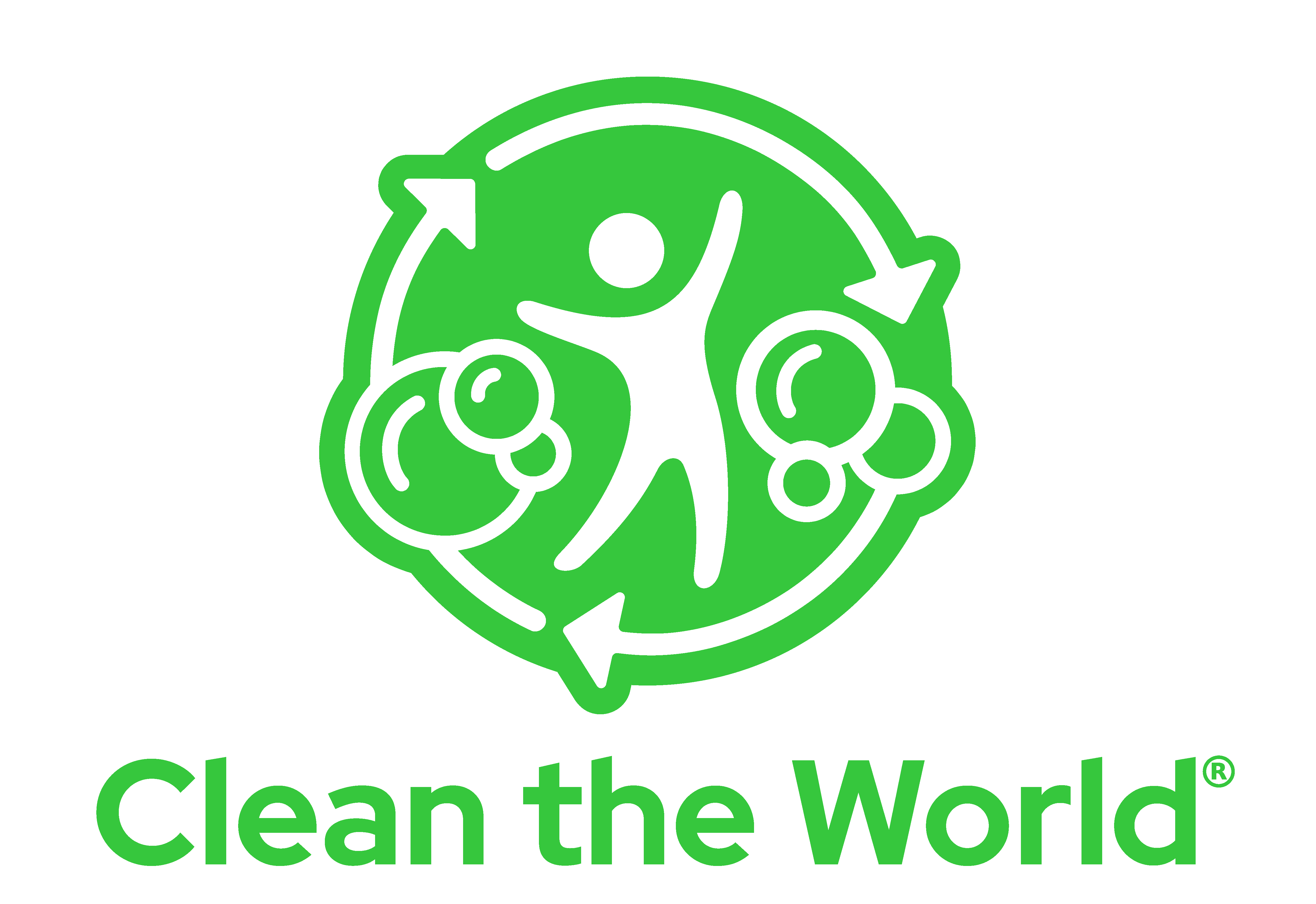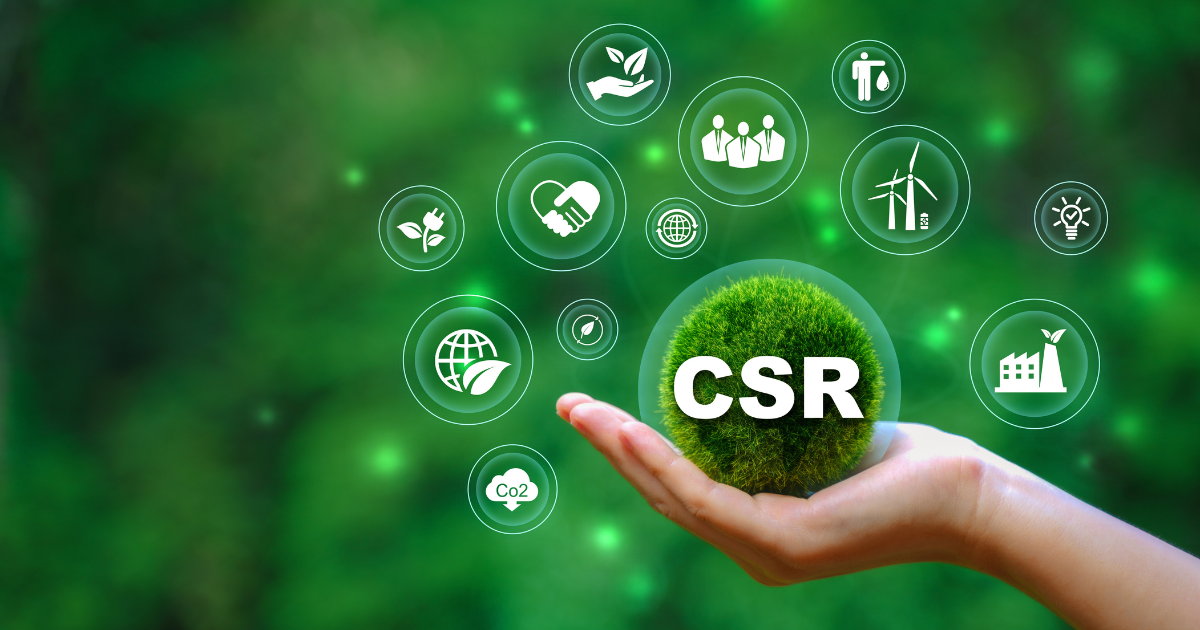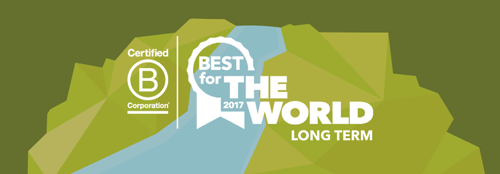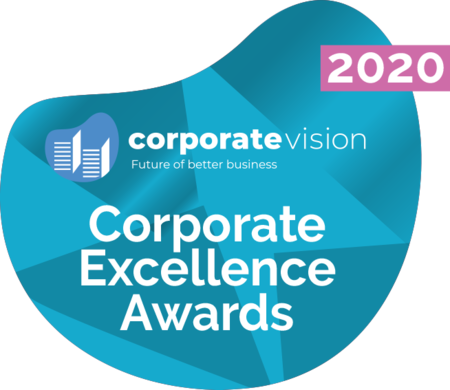The European Union’s Corporate Sustainability Reporting Directive (CSRD), effective on January 5, 2023, signifies a pivotal step towards fostering transparency in corporate practices. This directive mandates larger companies and listed entities to disclose comprehensive information on their social and environmental impact, aligning with the broader European Green Deal climate-neutral objectives by 2050.
What is the CSR Directive?
Built upon the Non-Financial Reporting Directive (NFRD), the CSRD expands the scope of sustainability reporting. Its core objective is to enhance transparency by requiring companies to disclose information on social and environmental risks and opportunities. This aligns with the EU’s commitment to promoting sustainable and responsible business practices.
What Disclosures Need to Be Made?
CSRD requires reporting on company governance, strategy, impact, risk, and opportunity, as well as metrics and targets across their environmental, social, and governance (ESG) practices. These areas are set out clearly in the European Sustainability Reporting Standards (ESRS).
What Are the ESRS?
The European Sustainability Reporting Standards essentially provide the structure and disclosure requirements that companies in scope will need to report on, a fundamental part of the CSRD. The ESRS is broken down into 12 draft steps, which are further categorised into four primary categories, including Cross-Cutting standards (ESRS 1-2), Environmental standards (ESRS E1-E5), Social standards (ESRS S1-S4), and Governance standards (ESRS G1).
- ESRS 1 – General requirements
- ESRS 2 – General disclosures
- ESRS E1 – Climate change
- ESRS E2 – Pollution
- ESRS E3 – Water and marine resources
- ESRS E4 – Biodiversity and ecosystems
- ESRS E5 – Resource use and circular economy
- ESRS S1 – Own workforce
- ESRS S2 – Workers in the value chain
- ESRS S3 – Affected communities
- ESRS S4 – Consumers and end-users
- ESRS G1 – Business conduct
Learn more on how to report in line with CSRD regulations here: Sustainability Hospitality Alliance (SHA). Please visit here to view downloadable guidance.
How Can Clean the World Support Corporate Partners?
Clean the World, a global leader in sustainable environmental and social impact solutions offers support to corporate partners in aligning with the CSRD. Through our Global Hospitality Recycling Program, transforming discarded hospitality industry waste items into life-saving supplies for communities in need, while naturally having a model that supports circularity, we also provide crucial impact reporting data through our impact reporting system, facilitating compliance with governance aspect of the CSRD for required participating partners. Clean the World’s impact reporting system enables partners to track, measure, and record social and environmental impact on board the program, an essential aspect of the new CSRD regulations.
Who Does the CSRD Impact?
The CSRD has a wide-reaching impact on companies with significant economic influence. While all companies are recommended to become familiar with new regulations, compliance will be mandated for small and medium-sized entities listed on an EU-regulated market by 2026.
Entities that fall under the 2024 disclosures include:
- Companies Subject to NFRD: Large EU “public interest entities” with regulated market-listed securities, credit institutions, and insurance companies with over 500 employees.
- Parent Companies of Large Groups: Groups exceeding EUR 20,000,000 in balance sheet total, EUR 40,000,000 in net turnover, or with an average of more than 250 employees during the financial year on a consolidated basis.
- All “Large” EU Companies: Those surpassing EUR 20,000,000 in balance sheet total, EUR 40,000,000 in net turnover, or with an average of more than 250 employees during the financial year.
- Listed Small and Medium-sized Enterprises (SMEs): Entities with lighter disclosure requirements and the option to opt out until 2028.
- Other EU and Non-EU Companies with Securities Listed on EU Regulated Markets: Including debt securities listed in EU–regulated markets, with certain exceptions.
Implementation and Timeline
Companies must comply with CSRD starting from the 2024 financial year, with reports set to be published in 2025. This timeline allows for an adaptation of reporting practices to meet the enhanced sustainability requirements.
Navigating the Future of the CSRD
The CSRD’s emphasis on sustainability, transparency, and accountability aligns with Clean the World’s mission to make the world a better place. As an advocate for environmental and social impact, Clean the World is ready to support hotels in meeting these new regulations. To learn more about how we can support your corporation, please visit here.
